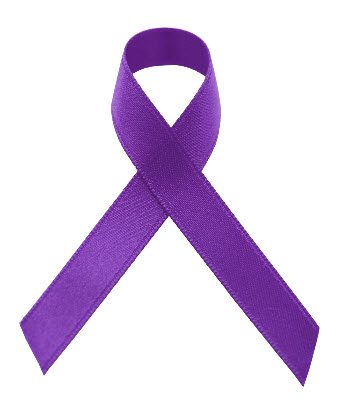The Patient Protection and Affordable Care Act (PPACA) is the law that has launched a thousand headlines. Though certain features of the PPACA have generated a deafening buzz, there are other aspects of the law that have gotten less attention.
The Patient Protection and Affordable Care Act (PPACA) is the law that has launched a thousand headlines. Though certain features of the PPACA have generated a deafening buzz, there are other aspects of the law that have gotten less attention. The women’s provisions portions of the PPACA, which went into effect in 2012, have some benefits for women dealing with domestic violence.
Believe it or not, prior to the PPACA, domestic violence victims could be denied access to health insurance. According to a report called “Insurance Discrimination Against Victims of Domestic Violence” put out by the Pennsylvania Coalition Against Domestic Violence and the Women’s Law Project: “Many insurance companies deny victims of domestic violence access to insurance by using domestic violence as an underwriting criterion (i.e., a basis for determining who to cover, what to cover, and how much to charge). They also deny coverage on the basis of abuse-related medical conditions and claims.” Audrey Bergin, manager, Domestic Violence (DOVE) Program at Northwest Hospital, explains that issues and injuries arising from domestic violence could be coded as “adult maltreatment,” which insurers could consider a pre-existing condition. Under the new law, coverage can’t be denied to anyone with a pre-existing condition.
Screenings and counseling services for domestic violence survivors are now free. “A lot of times, women have a hard time coming forward,” explains Bergin. “That’s why screening is so important.” For Bergin, the challenge is ensuring that care providers use their one-on-one time with patients to ask the pertinent questions in the most effective ways. Two useful queries are “Are you afraid of or threatened by a current or former partner?” and “Have you been hit/slapped/kicked, forced into sexual activity or otherwise injured by a current or former partner?” Bergin says that, ideally, providers would be posing these questions to “every patient, every visit.” Research indicates that the majority of women don’t mind being asked these questions during basic health screenings. Pregnancy can be an especially high-risk time for women, so screening is especially vital.
The DOVE program provides training for care providers at Northwest Hospital, but their reach extends state-wide. They work with area law enforcement and the Maryland Health Care Coalition Against Domestic Violence. The DOVE program offers the following services:
- 24/7 response to victims seeking treatment in the hospital
- Lethality assessment and safety planning
- Advocacy with other agencies
- Court accompaniment
- Individual and group counseling
The DOVE program’s services are free of charge. For more information or to get help now, call 410-496-7555. If you are closer to Northwest Hospital’s sister facility, Sinai Hospital, you can contact their Family Violence Program at410-601-8692.
– Laura Bogart

